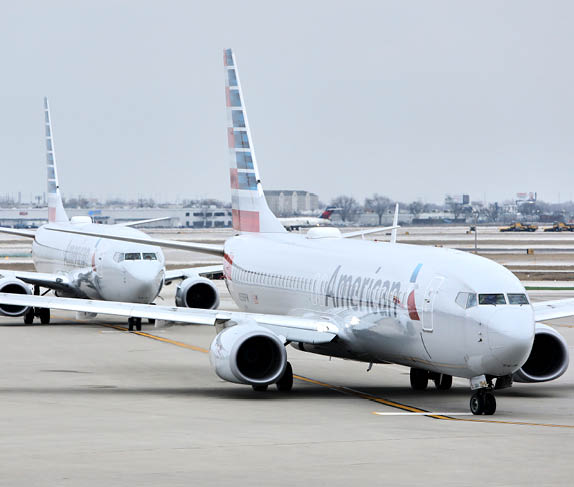The Aeronautical Repair Station Association (ARSA) submitted a written statement to the U.S. Senate Subcommittee on Aviation Operations, Safety, & Security detailing the important role aviation maintenance services play in ensuring the competitiveness of the American aerospace industry. The statement will be included in the official record for the committee’s July 18 hearing, “The Global Competitiveness of the US Aviation Industry: Addressing Competition Issues to Maintain US leadership in the Aerospace Market.”
ARSA’s statement details the substantial and positive economic impact aviation repair stations have on the US economy, highlights the important role Bilateral Aviation Safety Agreements (BASAs) play in ensuring competitiveness, and discusses the negative impact the present ban on new Federal Aviation Administration (FAA) foreign repair station certificates is having on U.S. companies.
As one of the United States’ leading exports, aviation maintenance contributes $39.1 billion annually to the US economy and maintains a $2.4 billion positive balance of trade. This trade surplus makes the United States the world’s leading exporter of maintenance services with the more than 4,000 FAA certificated U.S. repair stations employing more than 274,000 Americans in all 50 states. A recent survey of ARSA members found that the industry is optimistic about growth prospects in the coming year with more than 60 percent of respondents planning to add workers in 2012.
“Repair stations have long been, and continue to be, a vital part of the aviation industry and our nation’s economy. As the U.S. economy recovers, we should be nurturing small and medium-sized aviation maintenance companies, not obstructing their ability to export and compete internationally,” reads ARSA’s statement
To facilitate competitiveness, ARSA recommends that lawmakers support the conclusion of new BASAs and remove the prohibition on the FAA’s certification of new repair stations.
BASAs are government-to-government arrangements that allow cooperation between aviation safety regulators in areas including design, production, flight operations, environmental certification, and maintenance. BASAs dramatically reduce regulatory compliance costs for the aviation maintenance industry, make government oversight more efficient, help repair stations be more profitable, and ensure the competitiveness of the U.S. aerospace industry.
Despite the positive impact of aviation maintenance and its role as a leading American export, U.S. international competitiveness is undermined by a nearly four-year congressional restriction on the FAA’s ability to certificate new foreign repair stations. This has shut American companies out of opportunities in rapidly developing overseas markets, weakening U.S. leadership in this critical area. The longer the ban is in effect, the more damage it will cause to the country’s edge in aviation maintenance services. Although TSA has committed to completing the security rules during the fourth quarter 2012, if the agency does not meet its self-imposed deadline, Congress should take action and permit the FAA to once again certificate new foreign repair stations ARSA told lawmakers.
ARSA urges Congress on policies to support growth of aviation maintenance industry

